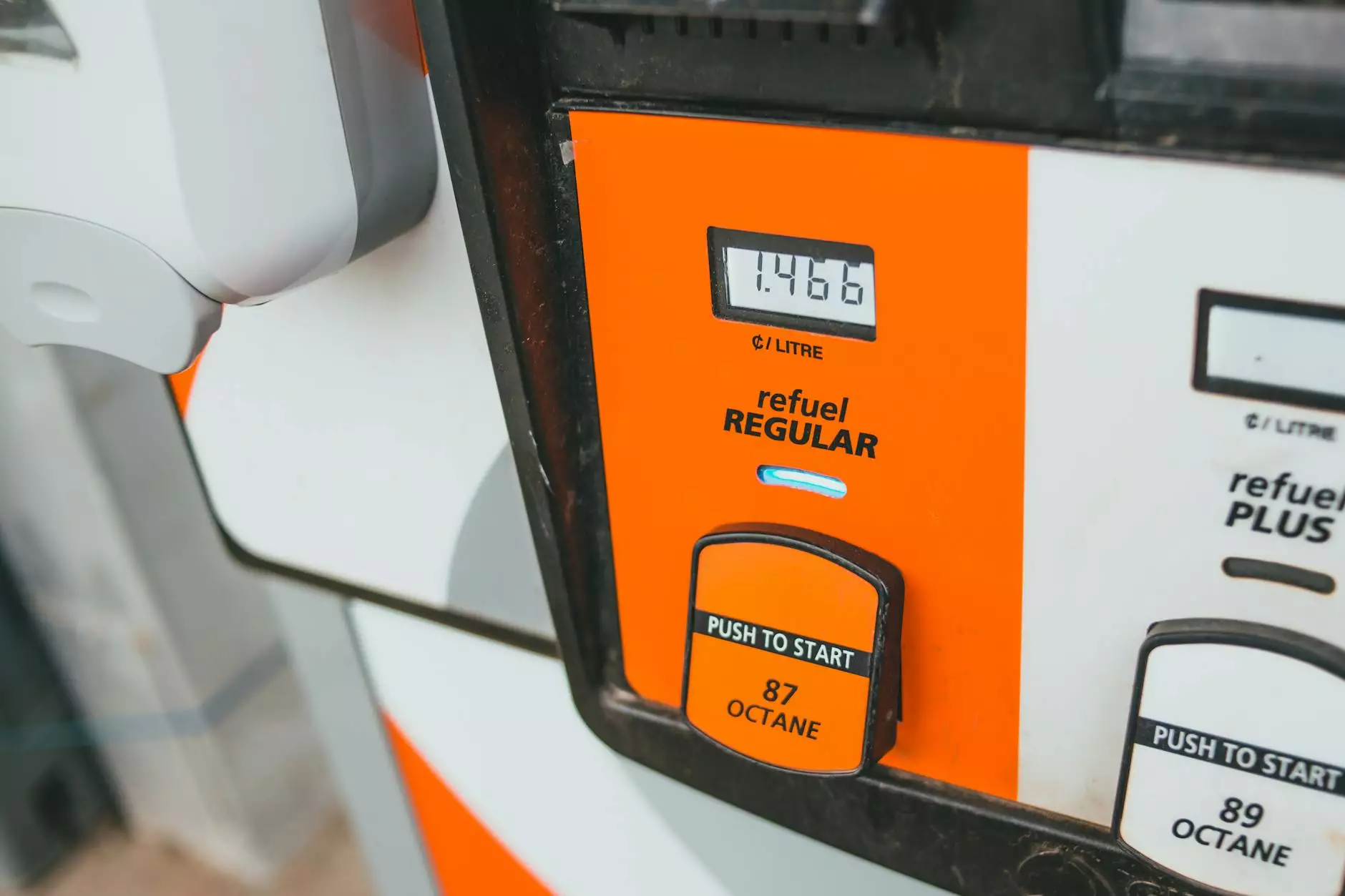The Rising Importance of Degvielas Vairumtirdzniecības Cena in the Restaurants Sector

In the dynamic world of restaurants, staying ahead of the curve requires a deep understanding of various factors that influence the industry. One such crucial aspect is degvielas vairumtirdzniecības cena, a term that holds significant significance in the realm of fuel wholesale. Let's delve into the complexities and nuances of this key metric and explore its impact on the restaurants category.
Understanding Degvielas Vairumtirdzniecības Cena
Degvielas vairumtirdzniecības cena translates to fuel wholesale price in English. It plays a pivotal role in determining the operational costs of restaurants that rely on transportation for sourcing ingredients, delivering products, and catering to customers. As fuel prices fluctuate due to various economic, political, and environmental factors, keeping a close eye on degvielas vairumtirdzniecības cena is crucial for maintaining profitability and sustainability in the restaurants sector.
Impact on Restaurants
The degvielas vairumtirdzniecības cena directly affects the bottom line of restaurants by influencing transportation expenses. Higher fuel prices can lead to increased costs for food delivery services, supply chain logistics, and overall operational efficiency. In contrast, a decrease in fuel prices can result in cost savings, allowing restaurants to allocate resources more effectively and enhance their competitive edge.
Cost Management Strategies
To mitigate the impact of fluctuating degvielas vairumtirdzniecības cena, restaurants can implement various cost management strategies. These include optimizing delivery routes, investing in fuel-efficient vehicles, negotiating favorable contracts with suppliers, and exploring alternative transportation methods such as electric vehicles or shared logistics networks.
- Route Optimization: Utilizing advanced routing software to minimize fuel consumption and streamline delivery operations.
- Vehicle Upgrades: Transitioning to eco-friendly vehicles that reduce fuel consumption and emissions, aligning with sustainability goals.
- Supplier Negotiations: Collaborating with suppliers to secure competitive fuel prices and establish long-term partnerships based on mutual benefits.
Sustainability and Innovation
Embracing sustainability and innovation can further enhance the resilience of restaurants in the face of changing fuel prices. By adopting renewable energy sources, implementing green delivery initiatives, and leveraging technology for efficient resource management, restaurants can not only reduce their carbon footprint but also drive operational efficiencies that positively impact their bottom line.
Future Trends and Opportunities
Looking ahead, the landscape of degvielas vairumtirdzniecības cena in the restaurants sector is poised to witness continued evolution. As advancements in clean energy technology, alternative fuels, and intelligent logistics reshape the industry, restaurants that proactively adapt to these shifts will gain a competitive advantage and thrive in a rapidly changing market.
Conclusion
In conclusion, degvielas vairumtirdzniecības cena serves as a critical metric that impacts the operations and profitability of restaurants. By understanding the nuances of fuel wholesale prices, implementing cost-effective strategies, embracing sustainability, and staying abreast of emerging trends, restaurants can navigate the challenges posed by fluctuating fuel costs and position themselves for long-term success in a dynamic environment.



